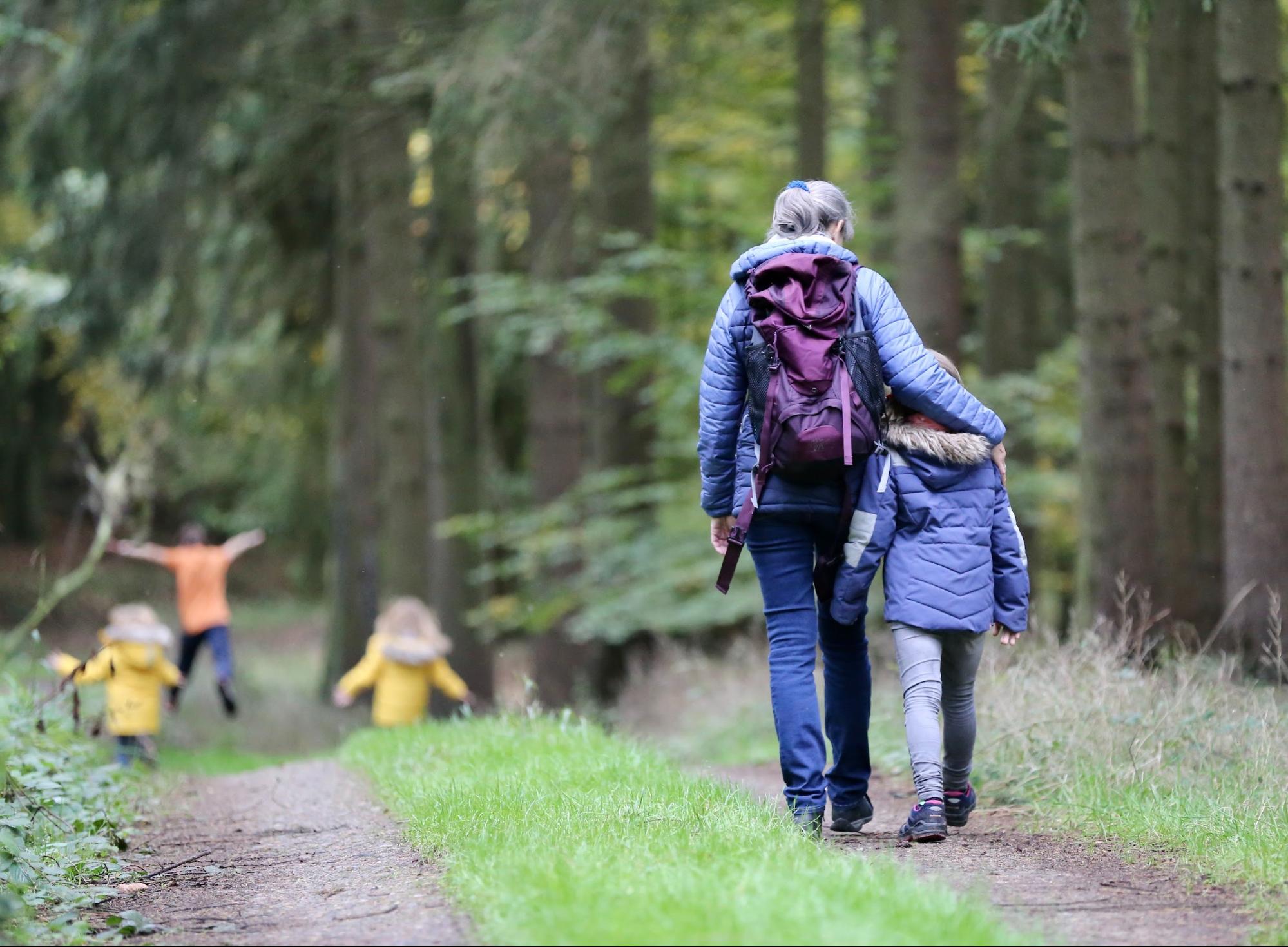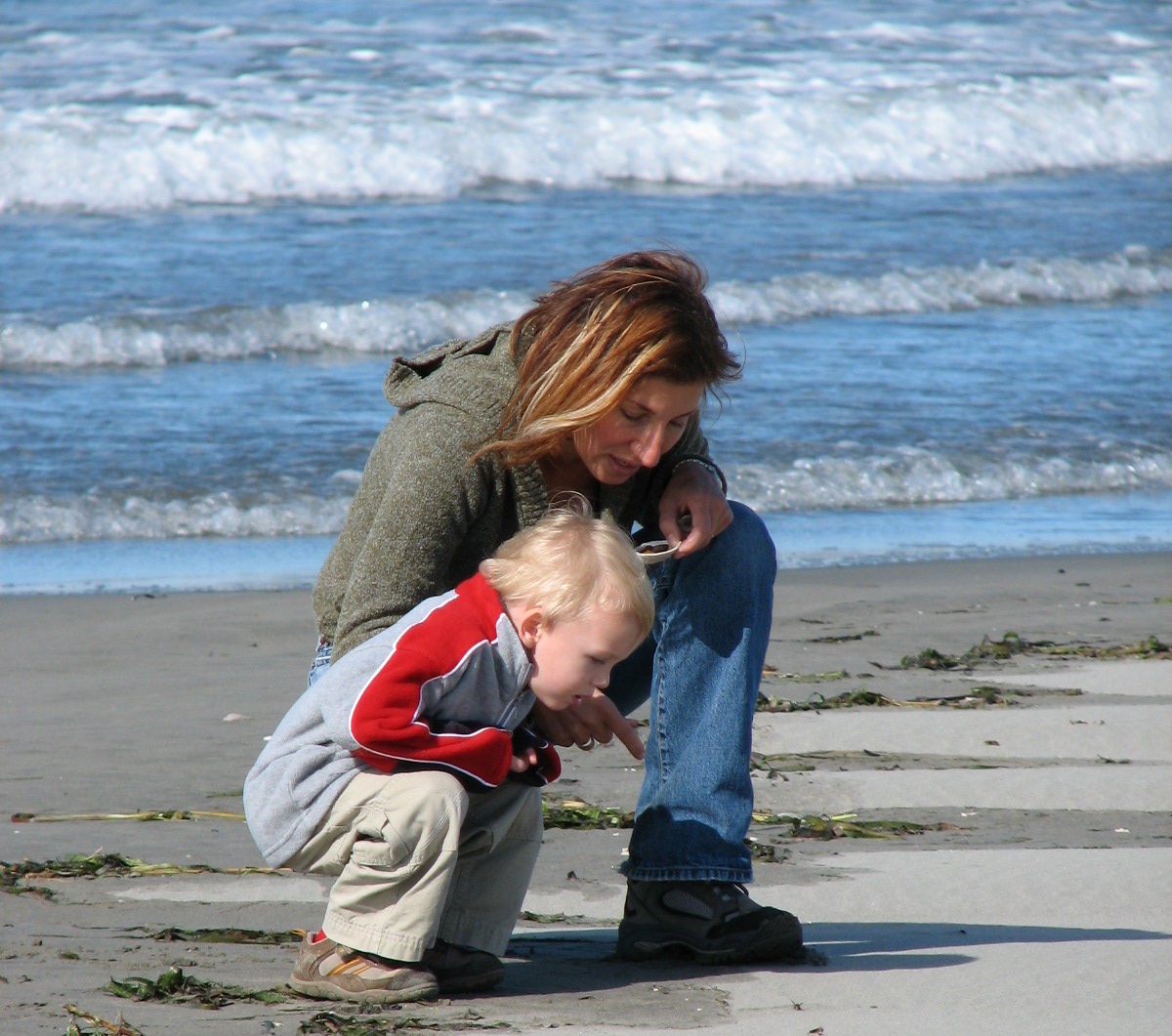A Universal Experience
Grief is an aspect of life that all of us have encountered, whether it is the loss of a loved one, a job, home, or income. Many of us have also experienced grief when health declines or as we age and simply don’t have the energy, enthusiasm, and clarity we once did when we were younger. Any type of loss can lead to feelings of grief — and babies and children are not exempt.
Losing a best friend when their family moves away, the death of a beloved pet, attending a new school, or even a defeat in an athletic game can bring about grief in a child. Our recent pandemic has shown us that uncertainty in the world causes stress for children and can lead to learning and behavioral difficulties that are rooted in sorrow. Babies experience grief when they lose a parent, caregiver, or a pet. Crisis situations such as school violence, international wars, suicide, and natural disasters are extreme situations that can overwhelm a child with grief. Knowing how to help children navigate sorrow is not only an important skill for parents, caregivers, and educators, but it also teaches children about resilience, hope, and strength in the face of adversity.
Approach or Avoid?
Each person is unique in the way they deal with grief — and children are no exception. We can approach it, acknowledge it, and work through it or we are avoidant, where we will deny the grief and try to cover it up. But the process isn’t black and white, we can cycle through both tendencies as we navigate grief. This makes sense because avoidance helps to ease overwhelm, whereas acceptance is the natural outcome of approaching sorrow. While this push-pull dynamic is necessary and healthy, it can be particularly difficult when it involves children who are grieving. Add to this societal considerations — some cultures have specific traditions around grief and death, while others are avoidant — and the human experience of grief can turn exceedingly complex.

How to Talk With a Child About Loss and Grief
Regardless of whether the child is avoidant or approaches grief, experts in the field agree that telling the truth about the situation is a crucial aspect. Avoid using abstract terms because children are very literal and it can become confusing. You don’t need to give every detail and overwhelm them, but you want to provide the basics so that they can understand.
Lawrence J. Cohen Ph.D. provides several examples of why it is important to be clear and honest in our communication with children over loss and death.1
“Beware of euphemisms like “sleeping” or “in heaven” because children can be very literal. They may become afraid to sleep, or pack their bags to find the road to heaven. One child was told his brother was “too good to live,” so he started misbehaving.
What about religious ideas? Share them if you believe them, but don’t say things you don’t believe just to make children feel better. Grief is not meant to feel good.”
Moreover, he offers several practical suggestions for how to help your child navigate grief, including:
- Take long drives or walks with your child, giving them the opportunity to talk about their feelings or ask questions.
- Gently initiate conversations around the loss.
- Do not judge a child’s feelings, regardless of how inappropriate they may seem.
- Keep in mind acting out and annoying behavior is your child’s way of telling you they are overwhelmed by the loss and don’t know how to handle it.
- Encourage play as this is a child’s natural response to coping with stressful and intense situations and emotions.
- Accept they will be self-centered about death and loss and will be focused on how it will affect them personally.
Pediatrician Dr. David Schonfeld, founder of the National Center for School Crisis and Bereavement at Children’s Hospital Los Angeles and the Coalition to Support Grieving students, adds that not talking about loss and grief “communicates to kids and adults that you’re clueless, you don’t care, you don’t think they can handle it, you can’t handle it, or you don’t want to waste your time.”2
Moreover, Schonfeld makes the point that when a child is in crisis, it is important not to overlook their basic needs — do they need food or something to drink? Have they taken a break to use the restroom?
Ultimately, he says validation of their feelings and being present and empathic are some of the most powerful ways we can help children who are grieving.

Supportive Care
For children who are sorrowful, parents often intuitively know what will help to bring them comfort and healing. A favorite blanket or stuffed toy, a gentle massage or hug, a warm bath. Or it may be spending time with a beloved pet or being in nature. Since sleep is often disrupted during periods of grief, it is important to establish a healthy bedtime routine that will help your child feel safe and secure. Taking care of their physical and emotional needs, while being fully present and listening to their concerns, is love in action and will give your child a solid foundation for navigating grief in a healthy way.
I have found a mug of calming tea, such as chamomile, lavender sweetened with a bit of honey, or oat straw soothes the nervous tension of grief in children and brings comfort. Essential oils of chamomile, bergamot, or lavender diluted in a carrier oil can also be used for a massage or added to a warm bath.
Lemon balm tincture is exceptionally helpful as well because it gently eases stress and anxiety by calming the nervous system. Additionally, it settles a child’s mind before bedtime so they are able to get quality sleep.
While it is never an easy path to navigate, my heartfelt hope is that these suggestions will help you to support your grieving child and bring them comfort and healing during a time of loss and sorrow.
Nicole Apelian
Nicole’s Apothecary Products in this Post
References
- “How to Help Children Cope with Death and Grief” Lawrence J. Cohen, Ph.D. Psychology Today, January 25, 2023. https://www.psychologytoday.com/us/blog/playful-parenting/202301/how-to-help-children-cope-with-death-and-grief
- “Moving From Grief to Wellness in Schools” Vicki Zakrzewski, Greater Good Magazine: Science-Based Insights for a Meaningful Life, April 10, 2023. https://greatergood.berkeley.edu/article/item/moving_from_grief_to_wellness_in_schools





